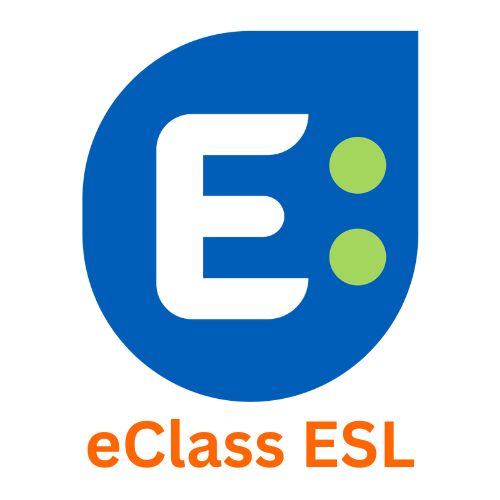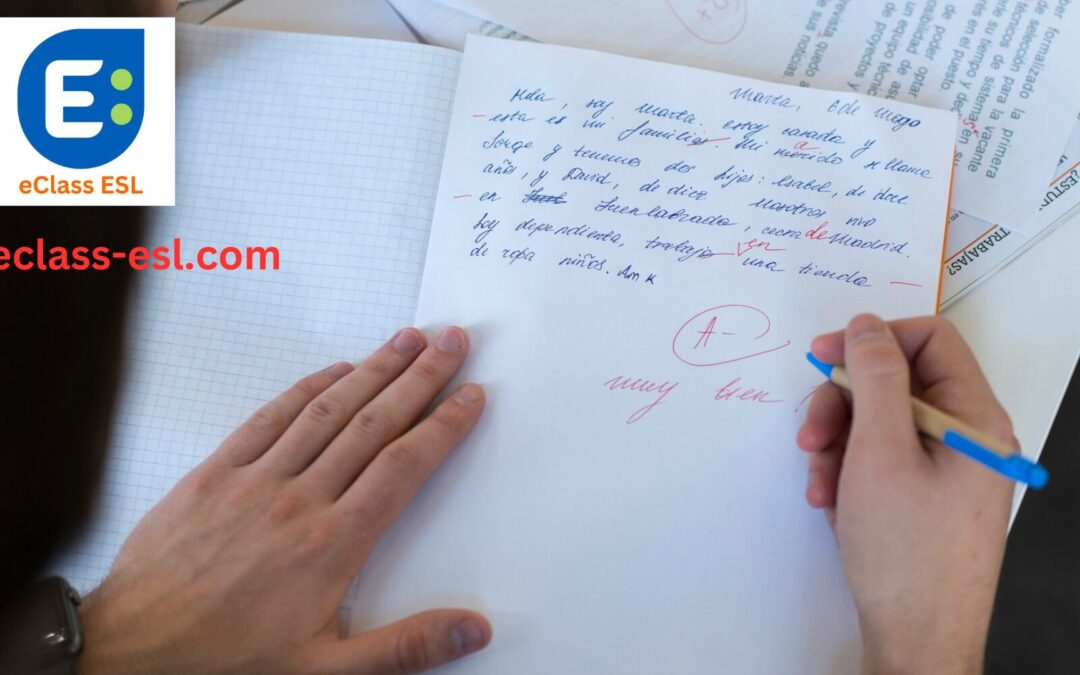When it comes to learning a language, vocabulary serves as the foundation for effective communication. In the case of English language learning, a robust vocabulary plays a vital role in understanding, speaking, reading, and writing. Building a diverse and extensive vocabulary opens doors to expressing ideas, grasping nuances, and engaging in meaningful conversations. In this article, we will explore the importance of vocabulary building in English language learning and provide practical strategies to enhance your lexical repertoire.
Enhancing Comprehension Skills:
A rich vocabulary improves your comprehension skills, enabling you to understand spoken and written English more effectively. When encountering unfamiliar words, having a broad vocabulary allows you to deduce their meanings from context. As you build your vocabulary, you become better equipped to comprehend complex texts, engage in discussions, and follow conversations with ease.
Expressing Ideas and Thoughts:
Vocabulary serves as the building blocks for expressing your ideas and thoughts accurately. The more words you know, the more precise and nuanced your expressions become. An extensive vocabulary empowers you to convey your emotions, opinions, and experiences with clarity and depth. It enables you to choose the most appropriate words to articulate your message, making your communication more engaging and impactful.
Improving Speaking Skills:
A wide-ranging vocabulary greatly enhances your speaking skills. It allows you to articulate your thoughts fluently and express yourself with confidence. With an extensive vocabulary, you can choose words that accurately reflect your intended meaning and convey your message effectively. It also enables you to participate in discussions, engage in debates, and share your perspectives with ease, making your spoken English more engaging and persuasive.
Enriching Writing Abilities:
A strong vocabulary is essential for effective writing in English. It enables you to express your ideas clearly, develop coherent arguments, and craft engaging narratives. A varied vocabulary helps you avoid repetition and find the right words to create vivid and descriptive prose. It also allows you to use a wide range of synonyms, enhancing the richness and sophistication of your written work.
Expanding Reading Horizons:
An extensive vocabulary opens up a world of literature, articles, and other written materials. With a rich lexical repertoire, you can delve into various genres, from classic literature to contemporary works, and effortlessly understand the content. A broad vocabulary also helps you decipher the meaning of unfamiliar words encountered during reading, enabling you to fully comprehend the text and appreciate its nuances.
Navigating Academic and Professional Settings:
Vocabulary plays a crucial role in academic and professional settings. In educational environments, a robust vocabulary aids in understanding lectures, reading academic texts, and participating in class discussions. It also enhances your ability to write academic papers and express complex ideas in essays. In professional settings, a strong vocabulary allows you to communicate effectively, write reports, give presentations, and engage in business negotiations with confidence and precision.
Enhancing Critical Thinking:
Building vocabulary goes hand in hand with developing critical thinking skills. Learning new words exposes you to different concepts, perspectives, and ideas. It broadens your mental horizons and enhances your ability to analyze and evaluate information. A diverse vocabulary fosters creativity and enables you to think more deeply, enabling you to express your thoughts in a more nuanced and sophisticated manner.
Cultivating Cultural Understanding:
Vocabulary is intricately linked to culture. As you expand your vocabulary, you also gain insight into the cultural aspects associated with different words and expressions. Learning idioms, colloquialisms, and cultural references helps you understand the nuances of English-speaking cultures, fostering cultural sensitivity and improving your ability to connect with native speakers on a deeper level.
Practical Strategies for Vocabulary Building:
a) Read extensively: Engage in regular reading activities, such as books, newspapers, articles, and blogs in order to expose yourself to a wide range of vocabulary in context.
b) Use context clues: When encountering unfamiliar words, use the surrounding text to infer their meaning. Look for clues in the sentence or paragraph to grasp the intended definition.
c) Create word lists: Keep a vocabulary journal or use digital tools to create word lists of new words you encounter. Include definitions, example sentences, and any relevant notes to aid in retention.
d) Practice word associations: Connect new words with existing knowledge or create associations between words to enhance recall. Mnemonic devices and visual imagery can be helpful tools.
e) Utilize flashcards: Create flashcards with new words and review them regularly. Include the word, definition, and any additional information you find useful. Digital flashcard apps can also be convenient for on-the-go practice.
f) Engage in active usage: Actively incorporate new words into your speaking and writing. Practice using them in sentences and conversations to reinforce your understanding and retention.
g) Participate in vocabulary-building exercises: Solve word puzzles, play word games, and engage in vocabulary-building activities to make the learning process enjoyable and interactive.
Building a strong vocabulary is an indispensable aspect of English language learning. It enhances comprehension skills, facilitates effective communication, and enriches yourwriting and reading abilities. A diverse vocabulary allows you to express ideas with precision, engage in meaningful conversations, and navigate academic and professional environments with confidence. By adopting practical strategies such as extensive reading, using context clues, creating word lists, practicing word associations, utilizing flashcards, actively using new words, and participating in vocabulary-building exercises, you can steadily expand your lexical repertoire. Remember, vocabulary building is an ongoing process that requires consistent effort and practice. Embrace the journey of discovering new words, and watch as your English language skills flourish and you become a more confident and effective communicator.







